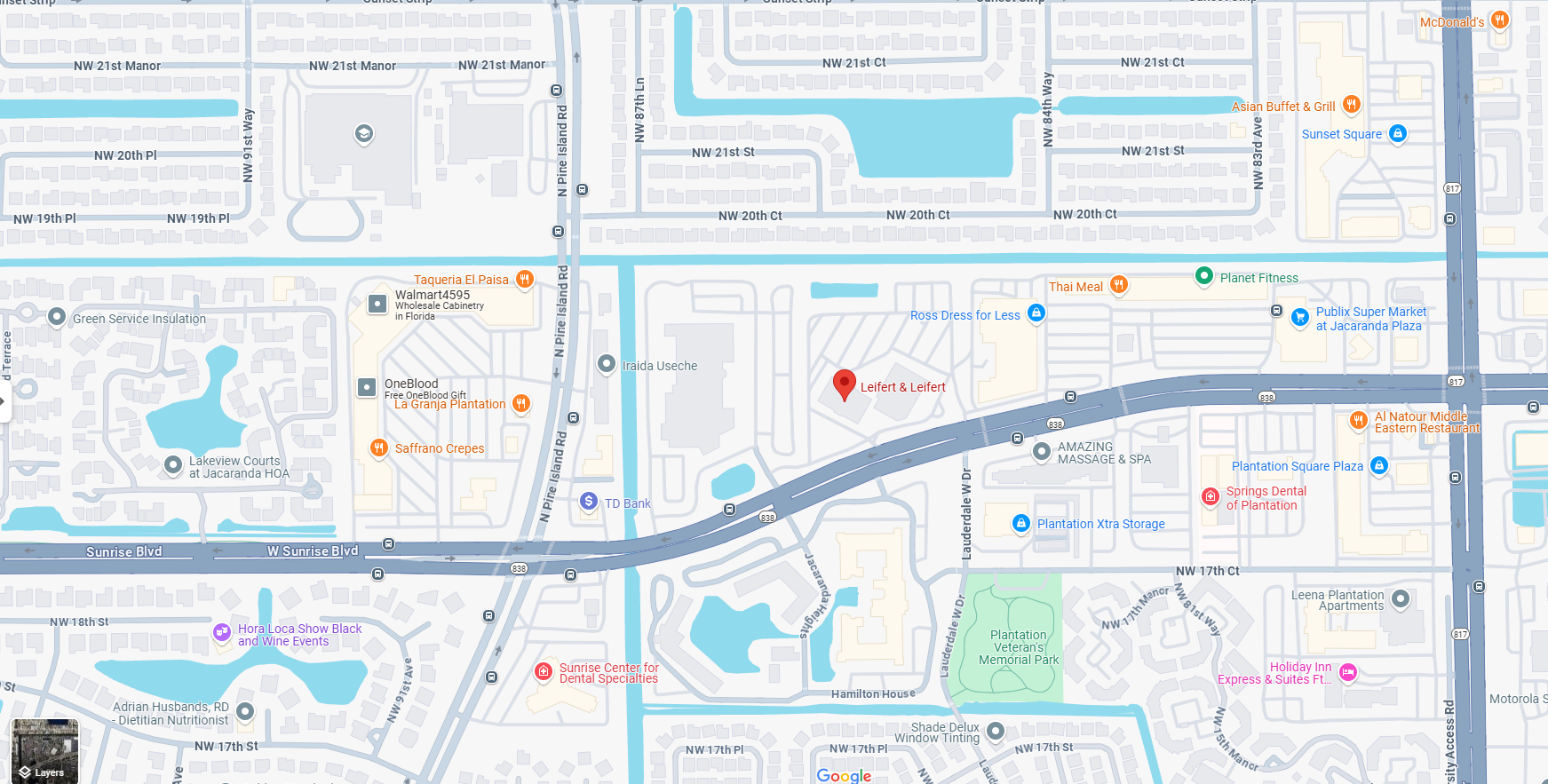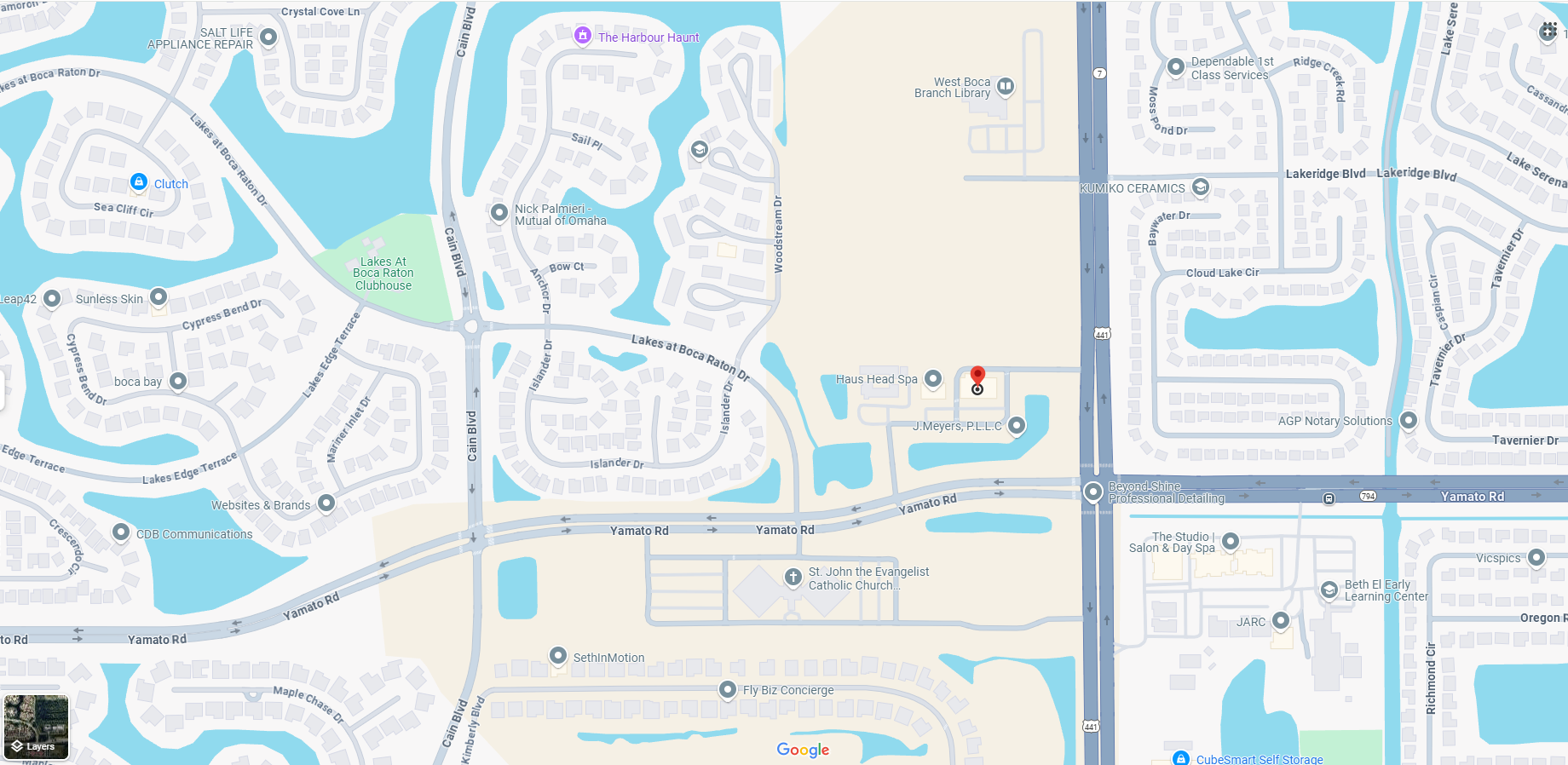If a person had been driving their car and decided that they have had too much to drink and they pull into a parking lot, turn the vehicle off, and take a nap in the vehicle, they can still be accused of and/or found guilty of driving under the influence because the driving under the influence statute also contains that actual physical control language in it. A skilled DUI lawyer can give you peace of mind regarding the definition of driving in Ft Lauderdale DUI cases.
How is Driving Under the Influence Defined in Fort Lauderdale?
According to Florida law, driving in Ft Lauderdale DUI cases means having the control and operation of a motor vehicle. Driving under the influence relates to the ability to drive or be in actual physical control of a motor vehicle. Physical control of a motor vehicle means that an individual must be physically in or on the vehicle and have the capability to operate the vehicle regardless of whether or not the individual is actually operating or driving the vehicle at that the time.
Driver vs. Passenger
It is possible for a passenger to be charged with driving under the influence, although it is unlikely. Law enforcement has ways to determine who the driver was, sometimes by eyewitness accounts. If the driver leaves the scene or runs away and the passenger is the only one left, there would be an investigation to determine whether or not that individual was, in fact, the passenger or the driver.
A passenger would be prosecuted and/or found guilty of driving in Ft. Lauderdale DUI cases if they were under the influence of an alcoholic beverage or a chemical controlled substance to the extent that their normal faculties were impaired, and had possession of the keys. They could be charged and found guilty of being in actual physical control of the motor vehicle. A passenger would need to be careful as to whether or not they take possession of the keys and whether they have the capability to control the vehicle if they have been drinking.
Arrest Locations
An individual can be arrested at any place that is open to the general public for vehicular travel, such as private property, parking lot, driveway or pretty much any place that is open for a vehicular traffic or travel. If a person is in actual physical control of a motor vehicle and they either have an unlawful blood alcohol or his normal faculties are impaired, and if they are in an area that is considered open to the public for vehicular use, they can be arrested or prosecuted for the offense of DUI in Florida.
There are a great number of cases involving people who either pull into a parking lot and attempt to sleep it off or who had been driving on a road or highway and fall asleep while behind the wheel of their vehicle on the road or highway.
It is common for individuals to fall asleep at a red light while waiting for the light to turn green. They are not technically driving at that time, but if a law enforcement officer is either notified or pulls up behind that individual and notices the vehicle is not moving, this now involves actual physical control. Most DUI cases are driving related cases, but a good amount of cases involve actual physical control as well.
Role of Law Enforcement
A law enforcement officer would not admit it, but they certainly tend to patrol areas that are commonly used for entertainment purposes like bars and restaurants. If there is a concert or festival going on, they will heavily patrol these particular areas. In the criminal defense or DUI defense world, this is referred to that as sandbagging.
Police officers are within their rights to more heavily patrolling one area versus another, no different than stepping up enforcement in an area that is known to have vehicle burglaries or residential burglaries. The public expects law enforcement to do that. From a constitutional standpoint in general, there are no restrictions on where the law enforcement officers can go as long as they are acting within their jurisdiction.
Standard of Proving Driving
There are two different types of evidence when considering driving in Ft Lauderdale DUIs: direct evidence and circumstantial evidence. In a driving situation, direct evidence would be the testimony from a witness who would come to court and swear under oath, to tell the truth under penalties of perjury. In a DUI case, the police officer or law enforcement officer that made the traffic stop would have to actually see the individual drive or operate the motor vehicle, and they would need to come to court and testify.
A single car accident is when an individual is alone in the car, drives off the road, runs into a tree or anything off the roadway, and gets out of the vehicle. A law enforcement officer comes upon the scene and begins to investigate. The person was not seen driving the vehicle by the officer, but through circumstantial evidence, perhaps through witnesses, it can be determined that this person was the only person seen exiting the vehicle. Other determining factors would be that this person might have injuries consistent with being the driver, e.g., injuries on their chest from the steering wheel or injuries from the seatbelt that are consistent with them being the driver of the vehicle.
Law enforcement would look at vehicle registration to see who the vehicle is registered to or owned by. They would examine the contents of the vehicle, and attempt to interrogate the individual to see if they would actually tell them who was driving the vehicle. There are other issues with respect to law enforcement questioning that involve accident report privilege, Miranda, and Fifth Amendment issues. The other way the prosecutor can prove driving is through circumstantial evidence. The standard proof necessary to prove any criminal allegation, including DUI, is proof beyond a reasonable doubt.
Contesting This Standard
Through cross-examination of the police officer testifying in court, the defense attorney could discover what opportunities the officer had to visualize who in fact was driving the vehicle and be able to challenge the circumstantial evidence that will be brought before the court. The defense attorney will attempt to raise any reasonable doubt as to whether or not there may have been somebody else driving the vehicle and that perhaps it was that person who was driving the vehicle that ran away and left the scene before law enforcement arrived. The defense attorney will attempt to create some doubt as to any potential lack of evidence that the prosecutor might have especially when attempting to prove a case through circumstantial evidence. In this situation, the prosecutor might not have enough evidence to link the accused person as being the actual driver of the vehicle.







